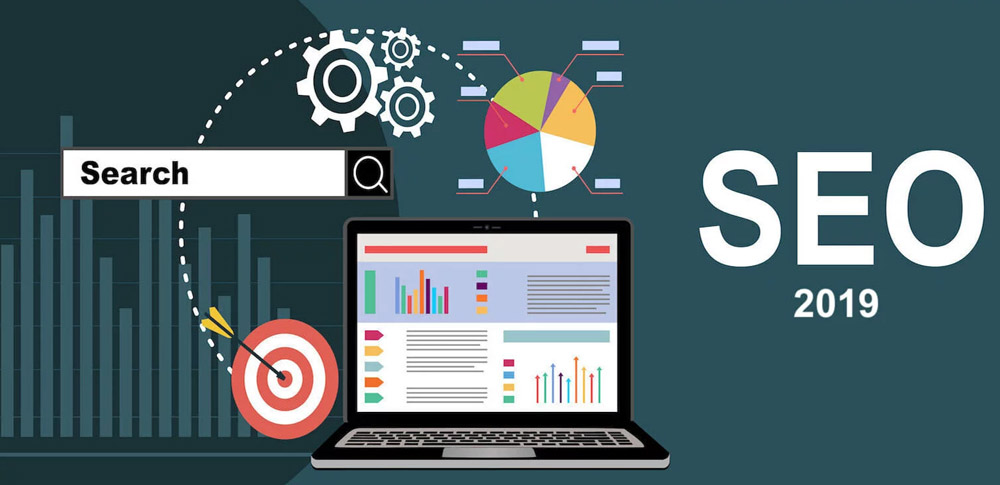
Changes to the core concepts of quality and authority over the past year have altered the course of SEO forever, with Google improving algorithms and increasingly relying on human “quality raters.
The holiday season is over and so is 2018 and with it the old-school SEO formulas and techniques. SEO in 2019 and beyond is going to be very different for the Google you’re optimizing for today.
Not only me, but for anyone who’s been involved in trying to rank websites, eCommerce stores for few months, are stunned and surprised with the fact that we are dealing with a rapidly changing environment here.
Not only are we dealing with the Google algorithms that change daily but it’s coupled with with SERP layout changes and dramatic shifts in device usage.
Old methods of dynamically generating content and quick hacks no longer result in long-term, sustainable organic performance. Sadly, those times are gone.
Gone are the days of low-quality ghostwriting as a means of rapidly producing new blog articles for the sake of “content freshness.” Additionally, SEOs can no longer rely upon re-purposing information otherwise found online (especially without citing one’s sources) as an effective and sustainable content strategy.
To succeed in this new landscape, SEOs must learn how Google has changed the rules regarding content quality and authority and what steps website owners must take to ensure they’re seen as trustworthy.
A Look Back on 2018
2018 was the year when Google turned up the dial on analyzing the quality and trustworthiness of web pages and domains. In previous years, making small tweaks to well-known ranking factors could have been enough to see an improvement in SEO performance, even if the website wasn’t known as an authority on the subject being written about.
Those types of quick on-page optimization tactics are no longer sufficient to obtain top positions in the search results, especially if the website contains other issues related to quality and trust. Google is now honing in on the reputation and credibility of both the website itself, as well as the creators who contribute to its content. It has also placed great importance on user experience, such as by rolling out several updates related to page speed and switching to mobile-first indexing.
2019 : A tough yet exciting year ahead
By focusing so much on the reputation of the website and the creators of the content — Google has made it hard to rank well with mediocre content or lack of expertise. Ranking in 2019 will require more time and effort than ever before, because short-term hacks won’t lead to long-term SEO success.
If you think about it, search is changing. We, in our days, would just Google our questions straightaway. But now people are just asking things like ‘Alexa what the answers are’. Because of that SEO is going to change into more and more voice search. When it changes into voice search what you’ll see is like you have rich snippets and Google taking your data, it’s going to get even harder and search engines might just start showing data through a microphone and your websites might become a dead zone with no visitors.
The algorithms are now looking at not just keyword-based search results, but semantically what do you mean. That means the results that we’re used to seeing, a lot of them are gonna change. ’cause we don’t necessarily need for a query like what’s one plus one, we don’t need 10 results, we don’t need 10 links. We got voice search coming, AI getting along with semantics. All this stuff is melding together to produce something totally new.
To forecast companies trying to bank on their search presence should keep a close eye on their online reputation and take steps to address anything that may bring their credibility or trustworthiness into question. This includes actually listening to their customers and addressing their concerns across different platforms. It includes not overwhelming customers with calls to action or advertisements.
TO CONCLUDE: These are not easy things to achieve; brands going digital must be hands-on-deck to build and maintain long-term organic visibility. But these are also the things human searchers evaluate as they make informed consumer decisions, and search engines are quickly catching up to humans in their ability to emulate those evaluation processes.
